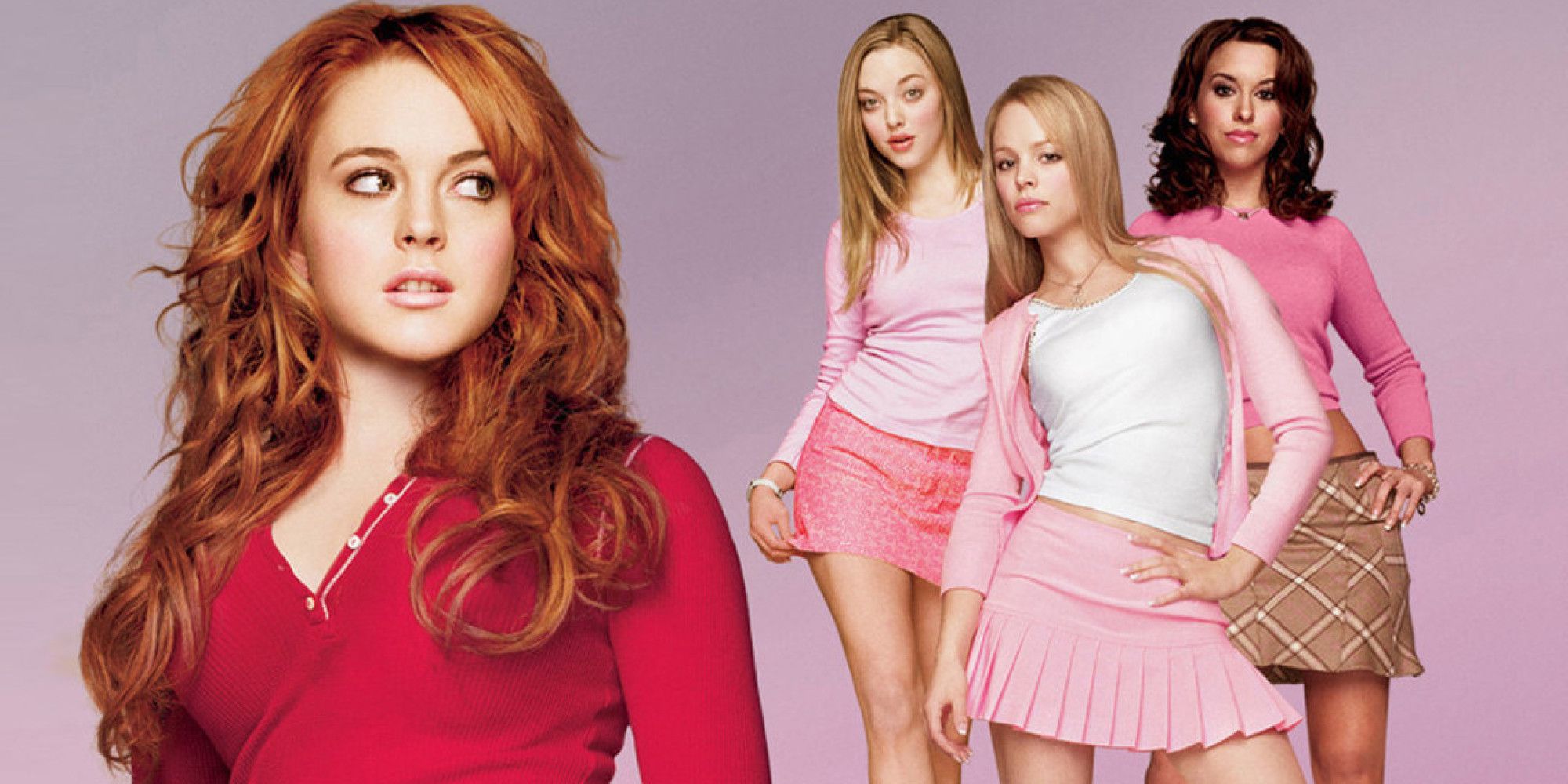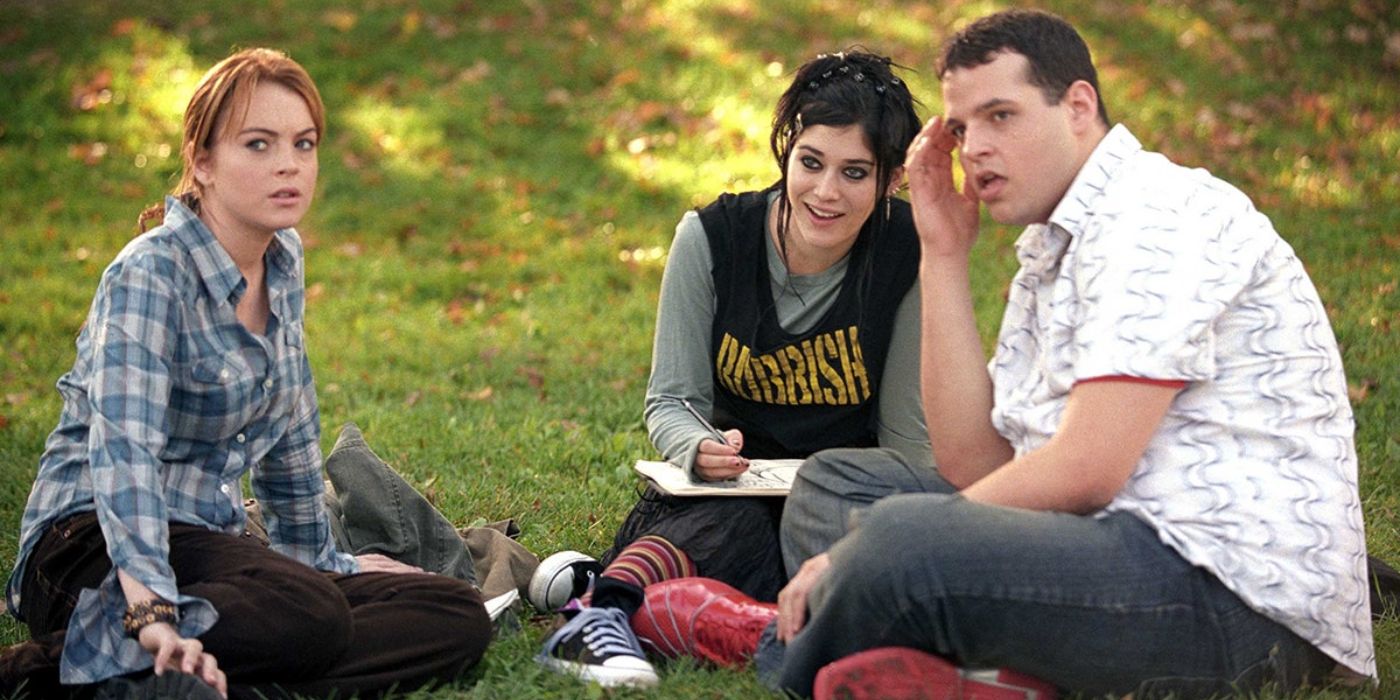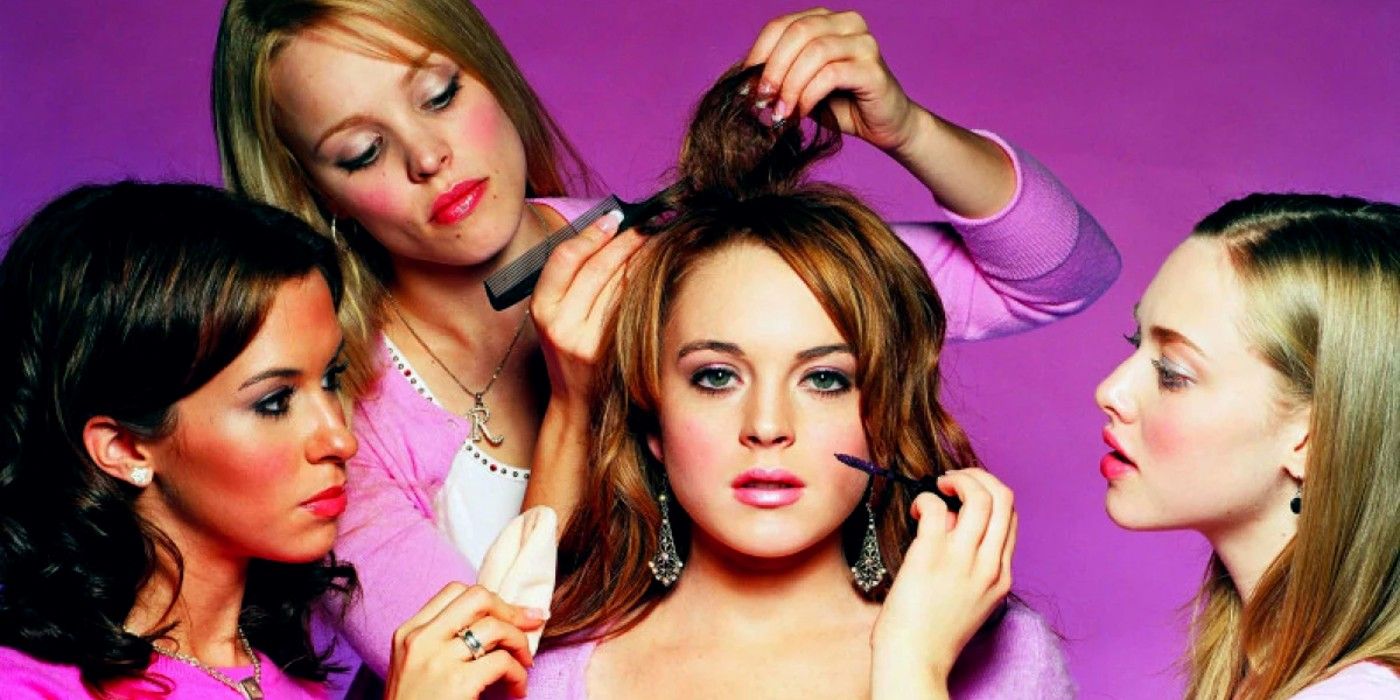The 2004 teen comedy Mean Girls was written by Tina Fey and directed by Mark Waters. The film iconically starred Rachel McAdams (The Time Traveler's Wife), Amanda Seyfried (Jennifer's Body) and Lacey Chabert as the "mean girls" at the school who targeted and bullied Lindsay Lohan's character. Cady was the new girl, and it was her first time attending a public school. The student body was divided into different sections, and people usually stuck to their cliques. As the new student, she didn't have a specific placement, so she became the target for Regina (McAdams) to recruit, abuse and destroy.
What made Mean Girls different from other teen comedies at the time was not only the realistic elements of the high school experience, but it also added perspective from the surrounding adults that grounded the story in reality. The reactions from the teachers and parents added to the hilarity of the film since they served as a reminder that their intense behavior was striking and out of the ordinary. The bullying in Mean Girls was so iconic that teen girls even copied the concept of the "Burn Book" and had copies of their own confiscated. That strong influence on culture also led to the influence of future teen comedies.
An example of this is in the new Hulu original movie Crush, which featured a refreshingly diverse LGBTQ+ representation. When the main character's friends give her alternate options for dating besides her unattainable crush, they use a similar panning sequence that showcased the different types of lesbians that attended their school. They were divided into categories the same way the cliques were in Mean Girls, which proved to be heavily influenced by the Tina Fey film. The only major difference was that this method wasn't used to isolate or bully other students but to explain their preferred group based on their personalities.
Another important aspect of Crush that seemed to correlate highly was the adult perspective on the teens' behaviors. The principal often commented on the students' actions and played a significant part in their decisions, often giving her opinion and providing comedic relief to the more serious moments of the film. The coach serves a similar purpose, adding his point of view when the teens act out of what would be considered "normal" behavior.
Before Mean Girls, films like Clueless and 10 Things I Hate About You were some of the more popular teen comedies from the 1990s. Bring It On came out four years before Mean Girls, and it continues to be an iconic film. Something all these films have in common is the lack of adult presence. Sometimes the characters speak to their parents, but they just serve as a motivating force for the main character to do or not do something. The adults in the films didn't have many scenes of their own where they discussed the teens' situations or comment on the ridiculousness of their actions.
Another element to consider is that these films also focused on one specific group of people or one specific person. The films didn't provide commentary on teen culture the same way Mean Girls accomplished. When comparing these older films to those that have been released since 2004, there is an obvious shift to include realistic elements of adolescent issues and showcase them in a way that's both funny and kind of true. Even films that still focus on only a handful of teenagers, like Jennifer's Body and The Duff, still include details about hierarchies represented in teen culture.
Mean Girls set a new tone for teen comedies that reflected the ever-changing trends in adolescent culture that often make or break teenage reputations. Including outside perspective from adults heightens that experience as it gives the audience a clear message that these issues won't matter in adulthood, even if they can feel like the worst thing in high school. Although the main goal of the film was to create an entertaining and funny story, Mean Girls influenced a generation of teenagers and will continue to serve as a relevant comparison for future teen comedies.



